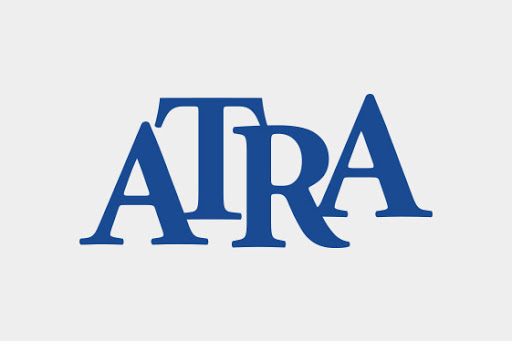
Attorneys General Association Risks Member Loss Over Anti-Business Litigation
What once was an independent association of state attorneys general now runs the risk of losing crucial members and having a new reputation of being a financially motivated promoter of […]
What once was an independent association of state attorneys general now runs the risk of losing crucial members and having a new reputation of being a financially motivated promoter of litigation, according to a new report released today.
The American Tort Reform Association’s (ATRA) latest report digs into the activities of the National Association of Attorneys General (NAAG) over the past decade and how NAAG’s focus appears to have shifted.
“NAAG historically played an important role in managing multistate investigations and lawsuits, acting in a relatively unbiased manner” ATRA President Tiger Joyce said. “Over time, however, the group’s priority seems to have moved away from promoting efficiency and coordination and instead to entrepreneurial litigation targeting a variety of industries – a one-sided approach that’s not palatable to all state attorneys general.”
The report points to NAAG’s involvement in a 2021 opioid settlement with McKinsey & Co. in which it received $15 million. NAAG also received $103 million that grew to $140 million from the landmark Tobacco Master Settlement Agreement
“NAAG now fully participates in settlements reached in multistate lawsuits, just as individual states and their for-profit, contingency-fee counsel participate,” Joyce said. “However, this places what once was an independent association in a situation in which it now has profit as a main motive to help initiate and settle litigation, just as the trial bar does. If they’re not careful, they could find themselves with fewer supporters in the future.”
ATRA’s report states that NAAG essentially acts as a self-sustaining “litigation machine,” mainly funded by two revenue sources: yearly dues from state attorneys general and carveouts from multistate litigation settlements. NAAG’s programs are then operated through these funds, training attorneys in state AGs’ offices and the state AGs themselves to be more effective in litigation.
“While continuing education is an appropriate objective, it seems that NAAG’s training are tailored specifically to promote litigation against business and industry,” Joyce said.
Other activist groups have come under fire for their involvement in training state officials to further specific litigation. The Bloomberg-funded State Energy & Environmental Impact Center at New York University School of Law has placed lawyers funded by the Center in the offices of friendly attorneys general across the country, encouraging them to bring climate change litigation.
“Outside influence, whether it be from NAAG or other activist organizations, creates a concerning lack of accountability and transparency in state attorneys’ general offices,” Joyce said.
According to ATRA’s report, NAAG also provides grants to states to help litigation get off the ground. Currently, NAAG has more than $200 million in assets.
“Utilizing this sort of outside source for litigation allows AGs to avoid using state-appropriated funds – or having to go to the legislature for more funds,” Joyce said. “This funding side-step weakens the potential checks and balances a legislature should want to exercise in these situations.”
ATRA’s full report, “The National Association of Attorneys General: A Nonprofit That Acts Like a Plaintiffs’ Firm” is available at atra.org.
A previous version of this press release incorrectly stated NAAG was involved in lead paint litigation. The version posted here has been updated to correct this mistake.
Latest News
View all news
‘Highly Unusual’ Rehearing of Louisiana Case Raises Judicial Independence Concerns
Louisiana Supreme Court Waffles Under Political Pressure, ATRA Brief Urges Court to Stand Strong
America’s Top 9 Worst Judicial Hellholes®
Left unchecked, these jurisdictions will continue dragging down economic growth and undermining justice through rampant lawsuit abuse.
ATRA Commends J&J’s Plan to Resolve Notorious Talc Lawsuits
Claimants Given Opportunity to Vote on Plan; Judge to Reconsider Scientific Validity of Plaintiffs’ Experts
The Lab Whose Junk Science Is Fueling a Frenzy of Litigation
Legitimate consumer protection demands sound science and impartial analysis — not distorted data designed to manufacture lawsuits.
Lawsuit Advertising Frenzy Fuels Georgia’s Litigation Epidemic
Law Firms Spent $168M+ on 2.2M Ads in Georgia
Trial Lawyers’ Dual Grip on Pennsylvania Politics and Public Opinion Revealed in New ATRA Reports
ATRA’s Latest Studies Reveal Financial Influence and Lack of Transparency in Pennsylvania’s Campaign Finance Systems



